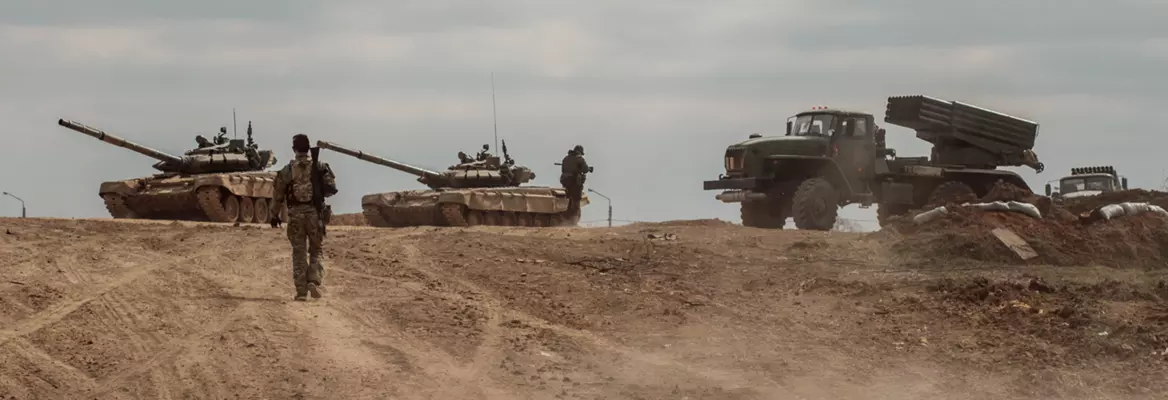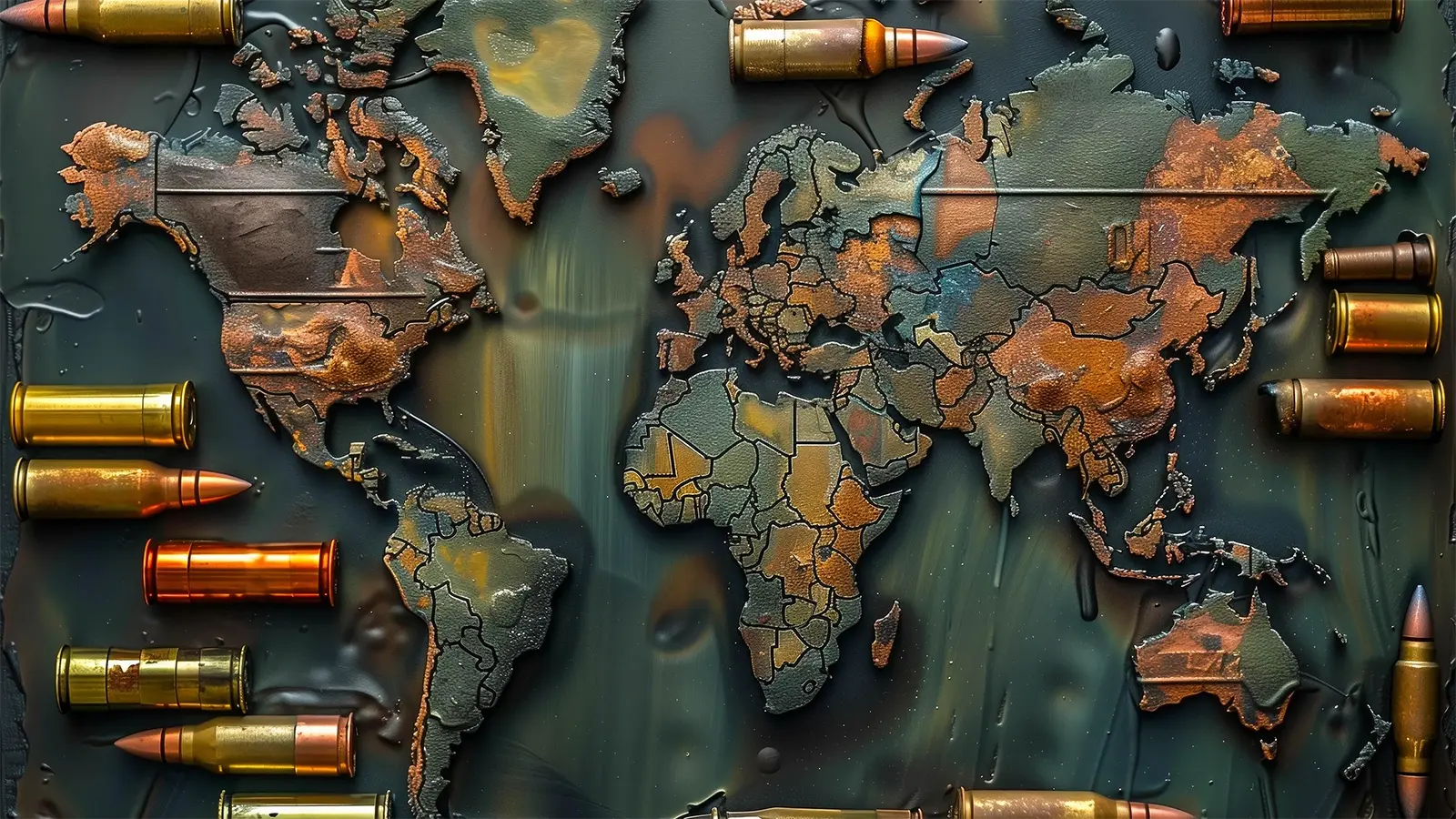Peacekeeping, as we imagine it, is under threat. As we witness the decline of the rules based international order, this system to ensure peace and stability after conflicts is under threat from all sides. But the inherently political nature of peacekeeping threatens to undermine this vital process. Flemming Splidsboel Hansen argues that as Russia sends mercenary forces into Africa under the guise of 'peacekeeping', we need to define the idea before it just becomes a friendlier synonym for war.
As Russian troops were already revving up the engines to launch their unprovoked and illegal aggression against Ukraine on 24 February 2022, Russian President Vladimir Putin issued an order for the Russian military to prepare so-called peacekeepers to move across the border. A few days later, the speaker of the Russian Duma, Vyacheslav Volodin, insisted on upholding the political charade initiated by the Kremlin by urging Russians to support “our soldiers and officers, who take part in the peacekeeping operation”. By then, Russian troops had fired barrage after barrage of missiles against targets, including civilian, across Ukraine, and their first war crimes on Ukrainian soil had already been recorded.
___
“When troops of one country enter the territory of another country without its consent, they are not impartial peacekeepers. They are not peacekeepers at all”
___
This flagrant misuse of the term “peacekeeping” led United Nations [UN] Secretary-General Antonio Guterres to voice his concern. “I am concerned about the perversion of the concept of peacekeeping”, he noted, adding that “when troops of one country enter the territory of another country without its consent, they are not impartial peacekeepers. They are not peacekeepers at all”. However, both political and conceptual developments in Russia suggest that the country will seek to exploit still further the notion of peacekeeping in an attempt to shape international outcomes to match its own interests. Starting a war under the guise of peacekeeping may sound counter intuitive, but it speaks to something fundamental about Russia’s foreign policy.
These developments essentially include taking a much more cynical and instrumental approach to the big peacekeeping questions – when to intervene, where to intervene, how to intervene and who to send to intervene? SUGGESTED VIEWING A precarious peace With Bill Browder, Camila Vergara, Roger Hearing, Malcolm Rifkind, Tariq Ali
Is this a joke?
As I have been researching the Russian approach to peacekeeping, many colleagues have asked me if this was a joke? Such is the general understanding that Russia is incapable of undertaking the kind of impartial action which is associated with peacekeeping. Most Western experts do indeed share this sentiment, typically using the ironic “peacekeeping” to de-legitimize operations claimed by the Russian authorities to be proper peacekeeping.
However, Russian-led “peacekeeping” operations – numbering six in total – have played a very important role in Russian foreign policy following the break-up of the Soviet Union, these are South Ossetia (Georgia), Abkhazia (Georgia), Transnistria (Moldova), Tajikistan, Kazakhstan, and Nagorno-Karabakh (Azerbaijan). It is of course impossible to say anything certain about how the post-Soviet space would look today without these operations, but it is highly likely that Russian influence in this space would be much reduced relative to where it stands now, and that several of the other former Soviet republics by contrast would enjoy a much higher degree of freedom to define their own development paths.
The Russian record of peacekeeping – or “peacekeeping” – in the post-Soviet space has been presented by critics as a modern-day “Monroe Doctrine” designed to simply restore “[the country’s] great power status and [its] dominant role in its historical geostrategic space”.
___






















Join the conversation